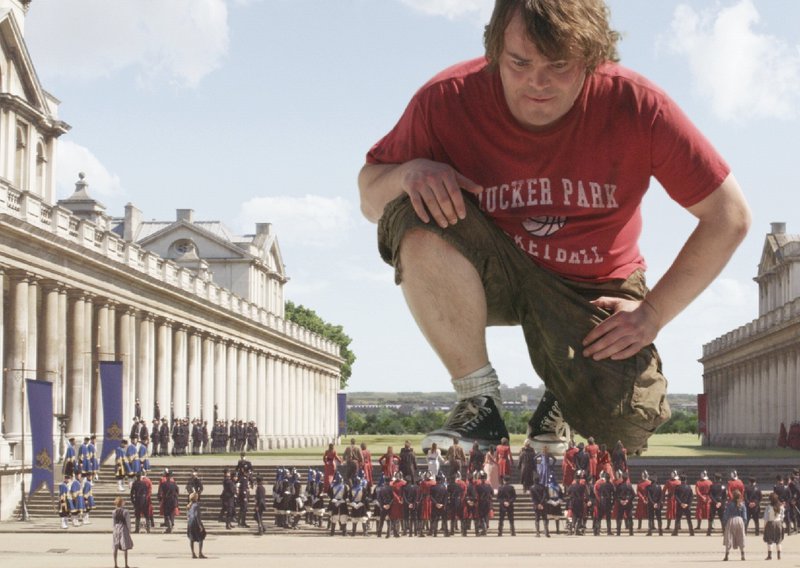THE CULTURAL TIGHTROPE
POWER to the people
The Irish satirist Jonathan Swift penned Gulliver’s Travels in 1726, that is, almost 300 years ago. Many people know only the first two parts – Gulliver’s voyages to Lilliput, where he is a giant among tiny people, and to Brobdingnag, where he appears the size of a thimble to locals – and therefore believe it to be a children’s story, especially given that the first movie version was made as a cartoon and only included these first two parts.
But there were in fact four parts to this masterpiece. In part three, A Voyage to Laputa, Balnibarbi, Luggnagg, Glubbdubdrib and Japan, Laputa is an island city that floats in the sky. This was primarily a fictional device intended to satirise far-fetched pseudo-scientific proposals, while his visits to the other places in the title poke fun at humans’ blind pursuit of science without practical results, comprising a satire on bureaucracy.
The fourth and final part – a voyage to the land of the Houyhnhnms – may be seen as a precursor to the much-loved Planet of the Apes, where apes become the masters of humans in a dystopian future, as Gulliver ends up in a land governed by a race of talking horses, the Houyhnhnms, while the deformed savage creatures that most resemble humans like himself are called Yahoos. I won’t go into this any further here, suffice to say that it constitutes Swift’s genius device for criticising the human condition, as Gulliver identifies more with the Houyhnhnms and joins with them in highlighting human weaknesses.
So why do I mention this book now? Because it was upon reading it as a teenager that I was first introduced to corruption in politics, as Swift posed the question of whether humans are inherently corrupt or become corrupted by power. Given all that we now know about modern-day politicians, from the PP in Spain (see Matthew’s column in this edition), to the Conservative party in my native country, to so many known cases of corruption in so many different countries around the globe, to, finally, the astounding accusations levelled at the (hopefully outgoing) US president, Donald Trump, which include no fewer than 26 accusations of sexual misconduct and an estimated four thousand lawsuits (yes 4,000, and yes, the president of the United States), I can only despair that we have not found a way to eliminate the impunity enjoyed by the rich and powerful in our societies.
But wait a minute, it was not long ago that I resolved to ensure my comments in this column were positive ones of hope, given the suffocating reality that now surrounds us... so where does hope lie? Clearly, if Swift’s words have changed nothing in 300 years of human progress, then there has to be another way than written condemnation. And that way can be found both in Martin’s column on page 7 of this edition and the interview with Fridays For Future spokersperson Martí Pardo on page 16 – the answer is to take action.
In other words, if you are a parent, show your children that they can make a difference by taking small actions on a daily basis, and if you are a young person who doesn’t vote (traditionally there are many), then either get into politics yourself or make the difference by campaigning to oust corrupt politicians from office. As Martin says, we are not powerless.

